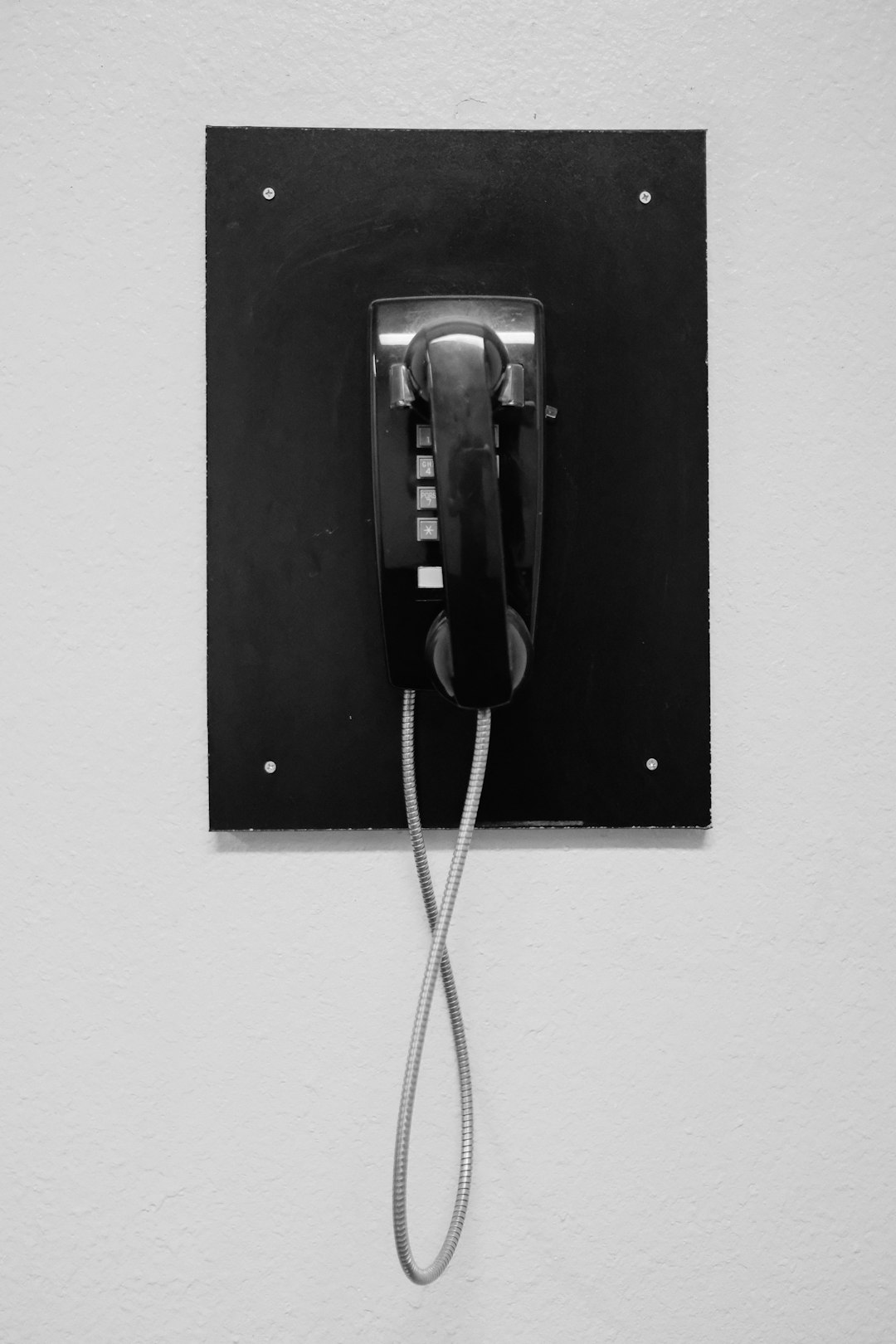Text-to-give campaigns using autodialers have become a popular fundraising tool for nonprofits in Chesapeake and Virginia. However, organizations must comply with strict state laws like the Virginia Telemarketing Act regarding consent, do-not-call lists, and call timing to avoid legal risks. Engaging experienced autodialer lawyers or attorneys from reputable Virginia firms is crucial for navigating these regulations, ensuring ethical practices, and optimizing fundraising through effective text messaging strategies. Individuals seeking legal counsel should choose experts specialized in Virginia's autodialer laws for comprehensive support in this complex area.
“In today’s digital age, text-to-give campaigns have emerged as a powerful tool for nonprofits in Chesapeake and beyond. This innovative fundraising method utilizes autodialers to send personalized messages, encouraging donors to contribute via text messages. However, navigating the legal intricacies surrounding autodialer use is essential to ensure compliance and protect your nonprofit’s interests. With strict regulations in Virginia, understanding the legal framework is crucial. This article guides nonprofits through the key considerations, offering insights on selecting the right autodialer lawyer in Virginia to navigate these complex issues.”
Understanding Text-to-Give Campaigns: A Nonprofit's Perspective

Text-to-give campaigns have become a popular fundraising strategy for nonprofits in Chesapeake and across Virginia. These innovative initiatives allow donors to contribute to causes by simply texting a specified keyword to a dedicated phone number. The power of this method lies in its convenience, speed, and ability to reach a wide audience. Nonprofits can quickly raise funds during emergencies or campaigns, fostering a sense of urgency and direct engagement with supporters.
From a nonprofit’s perspective, understanding the legal aspects surrounding autodialer technology is crucial. An autodialer lawyer Virginia, such as those at reputable law firms specializing in this area, can guide organizations on compliance issues. These include adhering to telephone consumer protection laws, obtaining proper consent for automated calls, and ensuring fair practices when using text messaging for fundraising purposes. With the right legal counsel, nonprofits can effectively leverage text-to-give campaigns while navigating the regulatory landscape to maintain a strong and ethical relationship with their supporters.
Legal Framework for Autodialer Use in Virginia

In Virginia, the use of autodialers is regulated by a comprehensive legal framework designed to protect consumer privacy and prevent fraudulent practices. The state’s laws governing telemarketing and automated calls, such as the Virginia Telemarketing Act, set forth guidelines for businesses and nonprofits alike. These regulations cover areas including consent, do-not-call lists, and the timing of calls, ensuring that organizations operate within ethical and legal boundaries. Nonprofits considering the implementation of text-to-give campaigns using autodialers must familiarize themselves with these laws to avoid potential legal pitfalls.
Seeking guidance from an experienced autodialer lawyer Virginia or autodialer attorney Virginia is advisable for nonprofits aiming to navigate this regulatory landscape successfully. Reputable autodialer law firms Virginia can offer valuable insights and ensure that campaigns comply with the autodialer law Virginia, minimizing legal risks and promoting effective fundraising efforts.
Compliance and Best Practices for Nonprofits in VA

In Virginia, nonprofits utilizing text-to-give campaigns must navigate a series of legal considerations to ensure compliance and maintain public trust. The state’s regulations around automated dialing systems, including autodialers used for fundraising, are stringent. Engaging an experienced autodialer lawyer Virginia or autodialer attorney Virginia from a reputable autodialer law firm Virginia is crucial to understanding and adhering to these rules. Nonprofits should seek guidance on issues like obtaining proper consent, ensuring opt-out mechanisms are in place, and avoiding any form of unwanted contact that could breach consumer protection laws.
Best practices dictate clear communication about the use of autodialers, transparency regarding data collection and usage, and adherence to timing restrictions. Nonprofits must also be prepared to handle consumer complaints effectively and maintain detailed records of campaign activity. By prioritizing these legal considerations and implementing best practices, Chesapeake-based nonprofits can leverage text-to-give campaigns ethically while avoiding potential pitfalls that could damage their reputation or lead to penalties.
Selecting the Right Lawyer: Finding an Expert in Autodialer Law in Virginia







